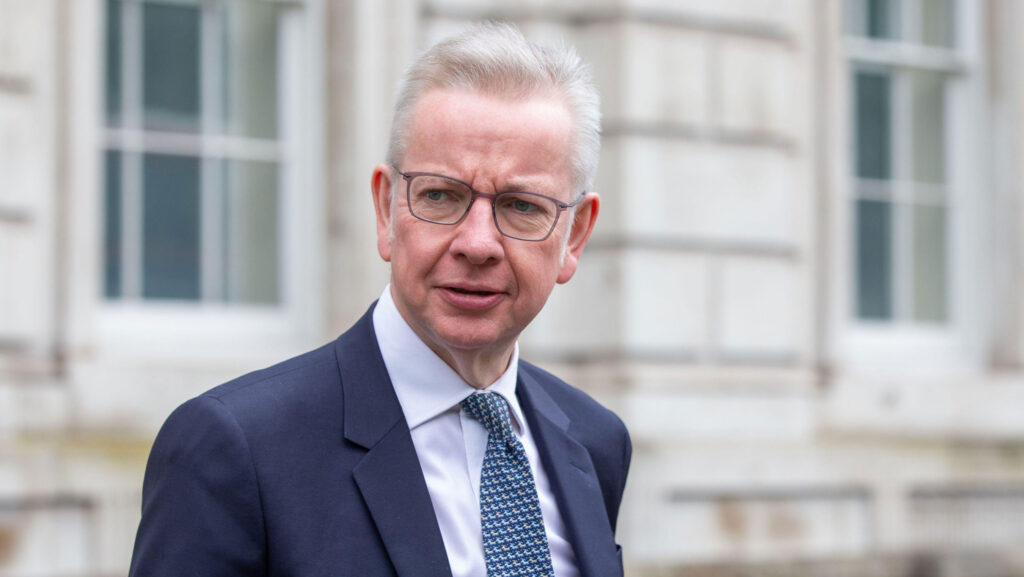Former Defra secretary says stronger case needed for sector cash
 © Richard Lincoln/Alamy Stock Photo
© Richard Lincoln/Alamy Stock Photo A properly funded agriculture sector is essential if the UK government is to meet its environmental targets and ensure food security, but Defra ministers need to make a far stronger case for extra cash.
Speaking at the Future Countryside 2025 conference at Chatsworth House on Tuesday (20 May), former Defra secretary Michael Gove said getting funding from the UK Treasury has never been easy.
“The Treasury hates money going to, in its view, subsidised farmers or land managers overall,” he said.
See also: Defra blunder leaves thousands of farmers in SFI limbo
The Treasury, he told delegates, has a “caricature” view of farmers, seeing every farmer is “the Duke of Buccleuch”, driving a brand new 4×4, complaining all the time, and “probably with a Gainsborough in the attic”.
“That’s why we built the public money for a public goods argument,” said Mr Gove.
A group of gorillas
Mr Gove was clear that what was needed was a unified voice and for Defra ministers to make their case properly.
“The problem is that politics is like nature and there are hierarchies every bit as brutal as you would find amongst a group of gorillas,” he said.
The prime minister and chancellor, whoever they are, are the Silverbacks and “if you’re the secretary of state for Defra, you’re a sort of little baby gorilla”.
It was therefore essential to convince the Treasury that the industry has the capacity to enhance natural capital, at minimal cost and do so with confidence.
“If you try to make these arguments as energetically as possible, you will get Treasury civil servants rolling their eyes, but don’t be intimidated.
“Go in there, put on your gorilla suit,” said Mr Gove.
Public money
Defra farming minister Daniel Zeichner echoed the sentiment of needing to convince the Treasury that funding for the Sustainable Farming Incentive and other schemes was a good investment of public money.
With the Spending Review on the horizon, the minister said Defra would be in a better position if they “can demonstrate the wider benefits to society as a whole, of the money that we are spending on their behalf”.
However, NFU president Tom Bradshaw said that, while he understood the budgetary challenges the Treasury finds itself in, the £5.6bn needed to deliver on environmental targets was not just needed, but represented good value for money.
“That investment should be brilliant value for wider society to pay for the externalities that nobody’s paying for at the moment,” he said.
“But getting a government to recognise that when the budget is under huge pressure is a massive challenge.”
True cost of food
With the budget expected to drop in the upcoming review, the union chief questioned who, in the end, would pick up the bill for food security and meeting legislative environmental targets.
“At the moment, nobody is paying the true environmental cost of anything that we consume, be that the food that we eat, the Amazon deliveries that many of us will have turning up at our houses, or the petrol or diesel that we’re putting in our cars.”
Food, he said, was too cheap and the true cost of it is not being paid for.
“How do we get to a point where we’re recognising what the full value or the full cost of that food production is, and who is going to pick up that?
“Because I don’t see a government anywhere that’s going to vote for higher food prices.”
